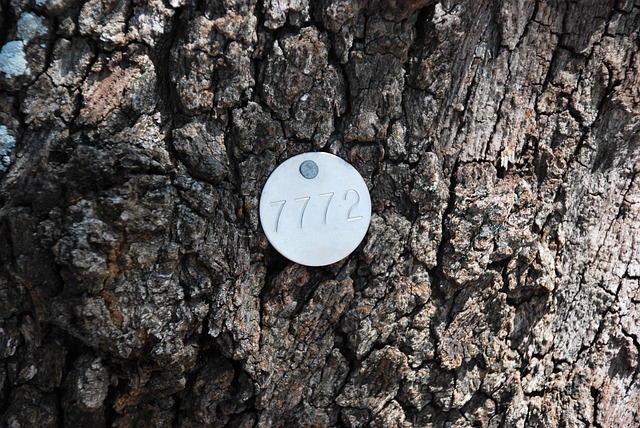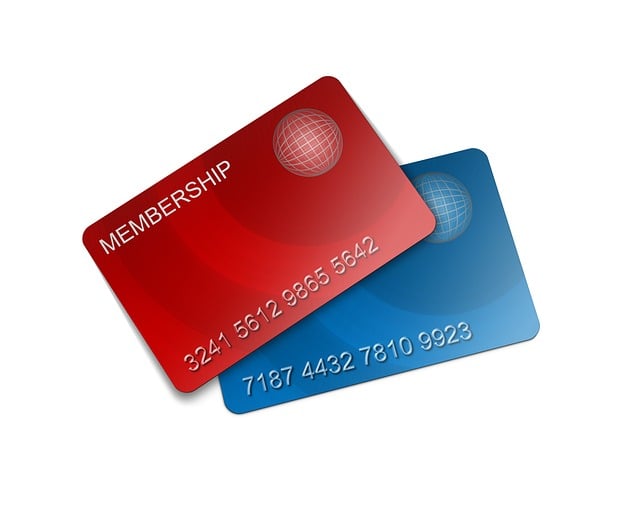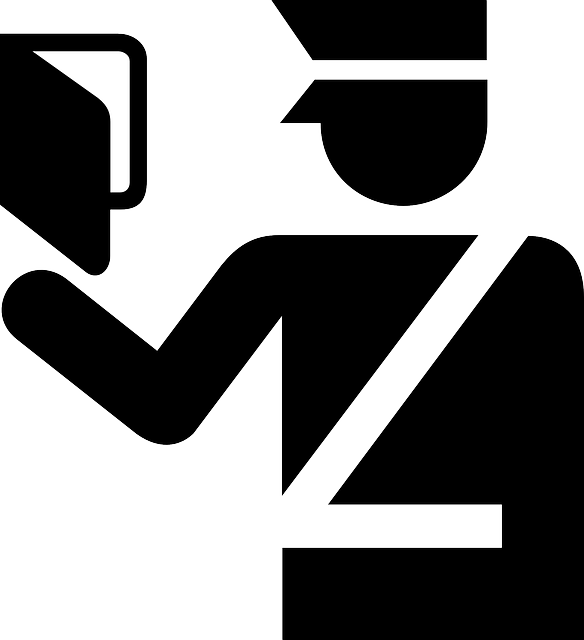When buying a used car, it's essential to check its history for safety recalls and accident reports using its Vehicle Identification Number (VIN). Recalls indicate that the manufacturer has identified safety issues that need fixing. About one-fourth of used cars in the U.S. have pending recalls, and a VIN search through databases like those provided by NHTSA or services like Carfax or AutoCheck can confirm if these issues have been resolved. Additionally, a VIN check reveals the car's accident history, which is crucial for assessing its structural integrity and future reliability. Skipping these checks can lead to safety risks, additional repair costs, and potential financial losses. Always ensure that any recalled issues and accident damages have been addressed before finalizing your purchase to guarantee both safety and a wise investment in your used vehicle.
When considering a used vehicle, the allure of a car that has caught your eye can be tempered by uncertainty. The decision to purchase is pivotal, and safety should not be left to chance. Recent studies reveal a concerning statistic: one in four pre-owned cars on U.S. roads harbors unresolved recall issues. This revelation underscores the critical importance of due diligence before finalizing a purchase. By leveraging a VIN analysis, car shoppers can uncover whether the vehicle has undergone all necessary repairs or if it poses potential safety risks. The article will guide you through understanding car recalls, the significance of VIN analysis, and the risks associated with overlooking a car’s accident history. Additionally, we will provide step-by-step instructions on how to perform a car recall check and validate its accident history, ensuring your next used vehicle is not only a wise investment but also a safe companion on the road. With the right tools at your disposal, you can confidently make an informed decision that aligns with your safety priorities.
- Understanding Car Recalls and Their Impact on Used Car Safety
- The Importance of VIN Analysis for Prospective Used Car Buyers
- How to Perform a Car Recall Check Before Purchasing a Used Vehicle
- The Risks of Overlooking Accident History When Buying a Used Car
- Step-by-Step: Validating a Car's Accident History for Peace of Mind
- Tools and Resources for Ensuring Your Next Used Car is Safe and Reliable
Understanding Car Recalls and Their Impact on Used Car Safety

When considering the purchase of a used car, it’s crucial to be well-informed about the vehicle’s history, including any past recalls. A car recall is issued when a manufacturer identifies a defect or safety issue in a group of vehicles and determines that a fix is necessary to rectify the problem. These recalls are not just procedural formalities; they represent genuine concerns that, if unaddressed, can pose significant risks to drivers and passengers. For instance, recent statistics indicate that about 25% of used cars on American roads today may have outstanding recall notices against them. This statistic underscores the importance of conducting a thorough check before finalizing a purchase. A vehicle’s Vehicle Identification Number (VIN) can be used to trace its service history, including whether all recalled parts have been inspected and repaired. This step is essential for ensuring that the car is safe to drive and that any potential hazards have been mitigated by the manufacturer. By using a reliable VIN search tool, potential buyers can gain peace of mind, knowing they are not inheriting someone else’s safety headaches. Understanding car recalls and their potential impact on used car safety is a non-negotiable step in the vehicle buying process, one that can significantly affect both the immediate and long-term experience with the car.
The Importance of VIN Analysis for Prospective Used Car Buyers

When considering a used car purchase, conducting a thorough Vehicle Identification Number (VIN) analysis is paramount to ensure the vehicle’s safety and reliability. The VIN serves as a unique identifier for every car, encapsulating critical information about its make, model, year, and manufacturing details. A VIN analysis allows prospective buyers to ascertain whether the car has any outstanding recalls, which can range from minor issues to major safety defects that the manufacturer has not yet repaired. Given that approximately 25% of used cars on U.S. roads today have unresolved recall issues, understanding the vehicle’s history through VIN analysis is not just prudent—it’s an essential step in the decision-making process. This due diligence can save buyers from potential hazards and the associated costs of repairs post-purchase. Moreover, a VIN check can reveal the car’s accident history, which is another factor that significantly affects its safety and longevity. By verifying that all necessary repairs have been made as part of past recalls and ensuring the vehicle has not been involved in significant damage incidents, buyers can approach their purchase with greater confidence and peace of mind.
How to Perform a Car Recall Check Before Purchasing a Used Vehicle

When considering the purchase of a used vehicle, conducting a car recall check is a critical step in ensuring your safety and investment security. The National Highway Traffic Safety Administration (NHTSA) maintains a comprehensive database of all vehicles that have been recalled due to safety issues. To perform this check, you’ll need the vehicle’s 17-character Vehicle Identification Number (VIN). This unique code can be found on the car’s registration document, insurance card, or typically imprinted on the driver’s side dashboard and the car’s door jamb. By entering this VIN into the NHTSA’s recall database or a similar service provided by manufacturers, you can ascertain whether the vehicle has any outstanding recalls that need to be addressed. It’s essential to verify not only if the car was part of a recall but also if the necessary repairs were completed. Some recalls might have been issued and resolved before the car reached the market or during its early use, so this step can provide peace of mind that the vehicle is safe to operate. Additionally, some services may also offer a history check that includes past accidents or damage reported for the vehicle, which is another important aspect to consider before making your purchase. These checks are relatively straightforward and can often be completed online, allowing you to make an informed decision without unnecessary risks.
The Risks of Overlooking Accident History When Buying a Used Car

When considering the purchase of a used car, one critical aspect that should not be overlooked is its accident history. A vehicle’s past can significantly impact its current condition and future reliability. Accidents can result in structural damage that may not always be visible to the untrained eye but can compromise safety over time. Even if a car appears pristine on the exterior, previous collisions could have affected the frame or critical components such as airbags and sensors. These issues might not be disclosed by sellers unless explicitly asked about. As such, potential buyers should perform an accident history check using the vehicle’s Vehicle Identification Number (VIN). This check reveals any reported accidents, repair work, and a comprehensive report on the car’s history. Ignoring this step can lead to unforeseen expenses, decreased vehicle value, and most importantly, safety risks that could arise from shoddy repairs or undisclosed damage.
Furthermore, understanding the full scope of a used car’s accident history provides insight into the level of care it has received over its lifespan. It can also help detect signs of potential future problems, which may not be immediately apparent. For instance, a vehicle involved in front-end impacts might later exhibit alignment issues or driveability problems. By conducting an accident history validation, car buyers can make more informed decisions, ensuring they are not inheriting someone else’s safety compromises or financial burdens. This due diligence is essential for anyone looking to buy a used car, as it helps mitigate the risks associated with hidden damages and ensures that the vehicle they invest in is as safe and dependable as possible.
Step-by-Step: Validating a Car's Accident History for Peace of Mind

When considering the purchase of a used vehicle, validating its accident history is a crucial step in ensuring your safety and financial prudence. A car’s past can significantly impact its future reliability and value. To embark on this verification process, you’ll need to gather some key information: the Vehicle Identification Number (VIN) is essential for a comprehensive check. This unique code serves as the car’s fingerprint, allowing you to uncover a wealth of data about its history. You can use various online platforms or services that specialize in VIN checks to initiate this process. These services will cross-reference the VIN with databases that track accident reports, title brands, and insurance claims. This step is vital as it reveals whether the vehicle has been involved in accidents that may have compromised its integrity.
Once you have the VIN, input it into the chosen service to access detailed reports. These reports typically include information such as the date and nature of any reported incidents, the extent of the damage, and whether the vehicle was repaired. It may also indicate if the car has a clean history or if it has been subject to frequent repairs following accidents. Such insights empower you to make an informed decision, providing peace of mind that the car you’re considering is safe and reliable for your use. Always ensure you conduct this VIN analysis before finalizing the purchase of a pre-owned vehicle to avoid potential safety risks and financial losses associated with undisclosed vehicle history.
Tools and Resources for Ensuring Your Next Used Car is Safe and Reliable

When considering a used car purchase, safety and reliability should be at the forefront of your evaluation process. Thankfully, with advancements in technology and information accessibility, prospective buyers have a suite of tools and resources at their fingertips to ensure the vehicle they are eyeing is both safe and dependable. One such resource is the Vehicle Identification Number (VIN) analysis tool, which allows you to check for any outstanding recalls or repair history. By entering the VIN into a recall check service provided by manufacturers or third-party platforms, you can determine if there are any known issues with the vehicle that have not been addressed. This is crucial, as recent studies indicate that approximately 25% of used cars on U.S. roads today may have unresolved safety recalls.
In addition to recall checks, accident history validation is equally important. Accidents can significantly affect a car’s structural integrity and safety, even if it has been repaired. Services such as Carfax, AutoCheck, or the National Motor Vehicle Crime Prevention Act (NMVCIR) database can provide you with the vehicle’s accident history, offering peace of mind that the car you are considering does not have a troubled past. These databases compile reports from insurance companies, repair shops, and state motor vehicle records to give you a comprehensive overview of the vehicle’s condition before finalizing your purchase. Utilizing these resources is essential in making an informed decision and ensuring that your next used car is both safe and reliable for years to come.
When considering the purchase of a used vehicle, conducting a thorough evaluation is paramount. The recent findings that one in four pre-owned cars in the U.S. may have unaddressed recall issues underscores the necessity of due diligence. By leveraging readily available tools such as VIN analysis and accident history validation, car buyers can make informed decisions, ensuring the safety and reliability of their investment. The articles’ guidance on these critical steps empowers consumers to approach the used car market with confidence, turning a significant financial decision into a more secure transaction. Remember, with just a few clicks, you can safeguard your purchase and drive away with peace of mind.



